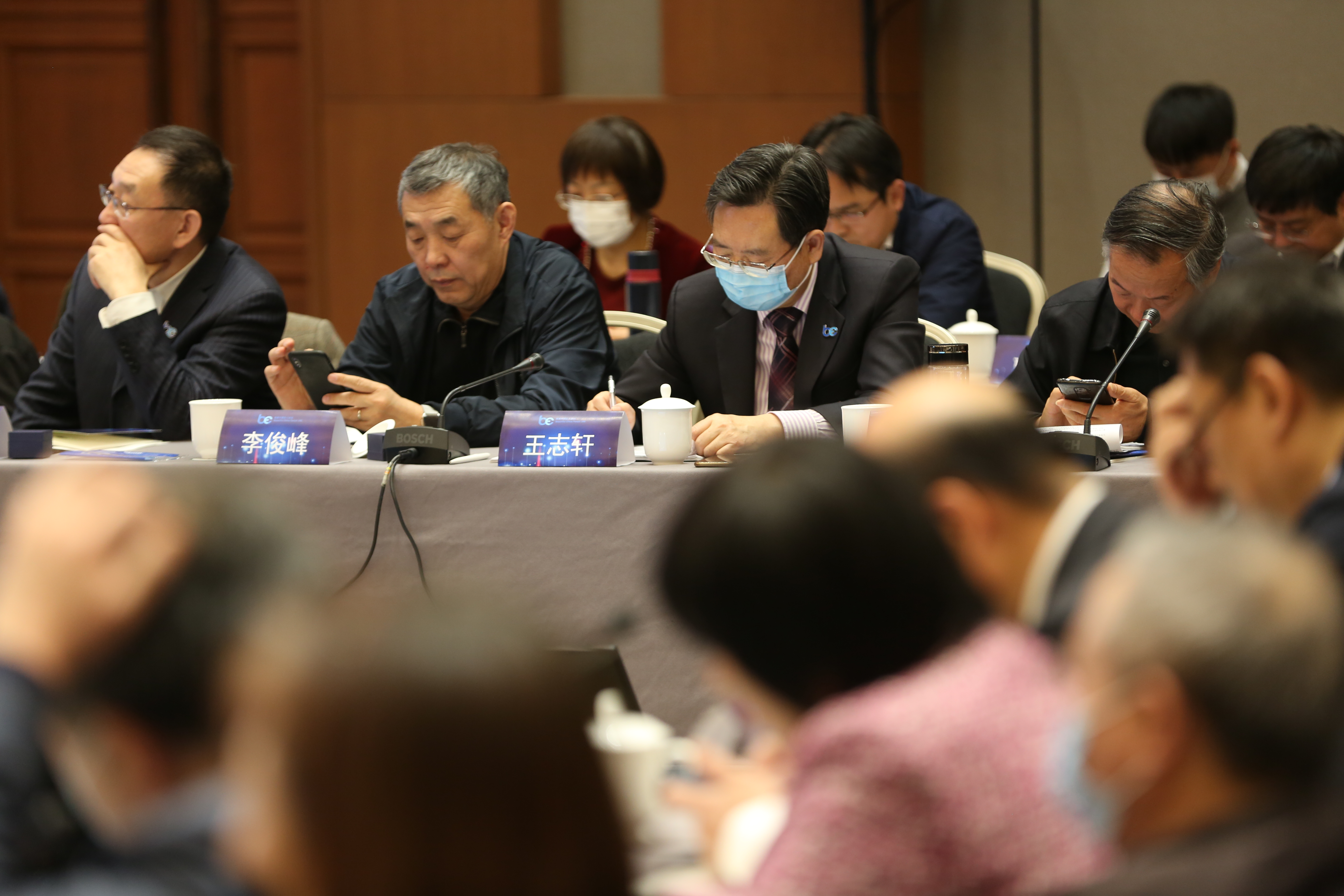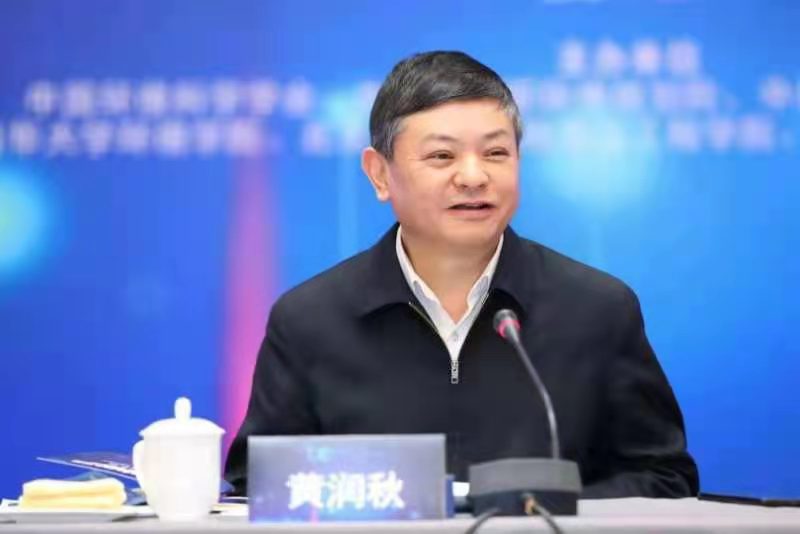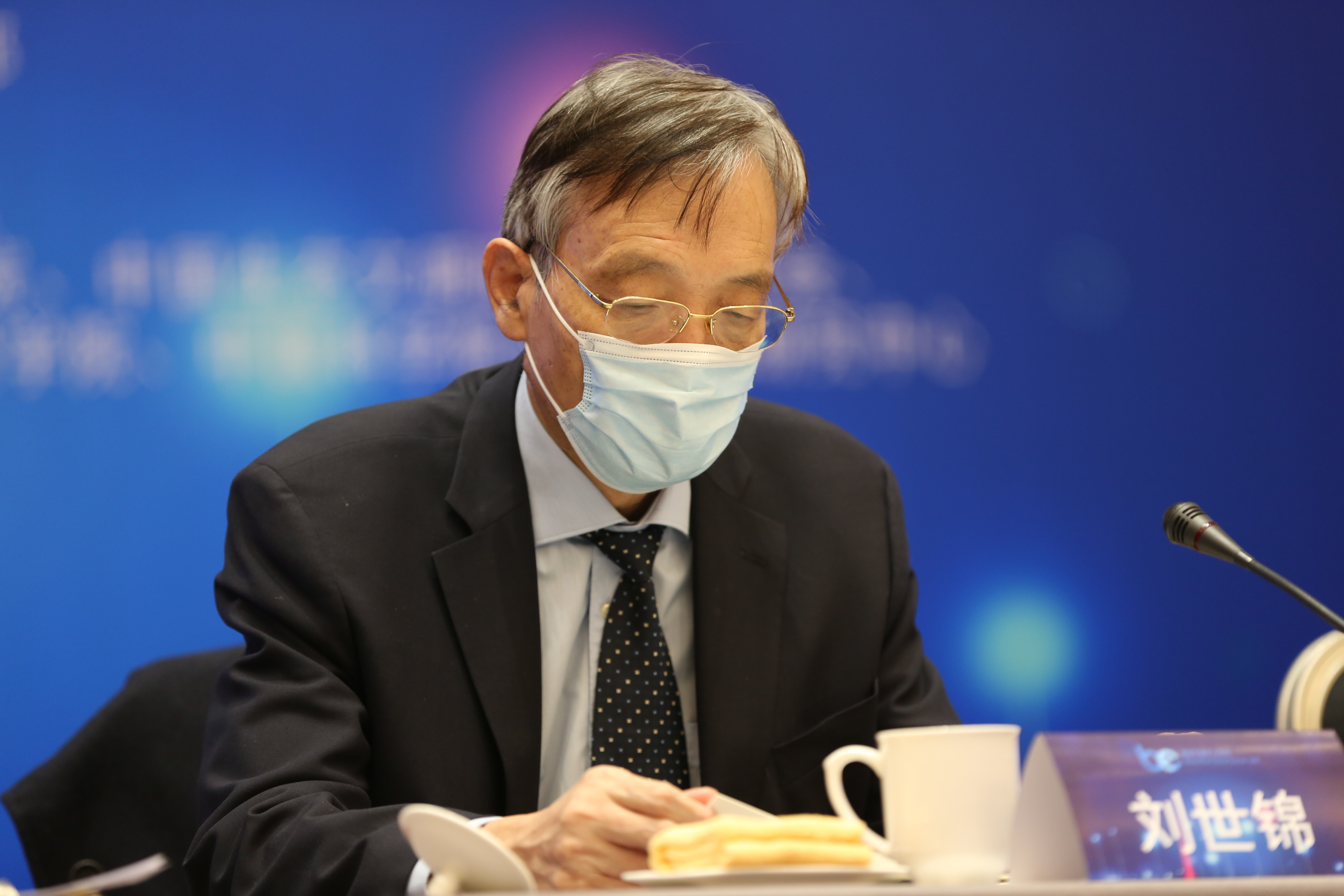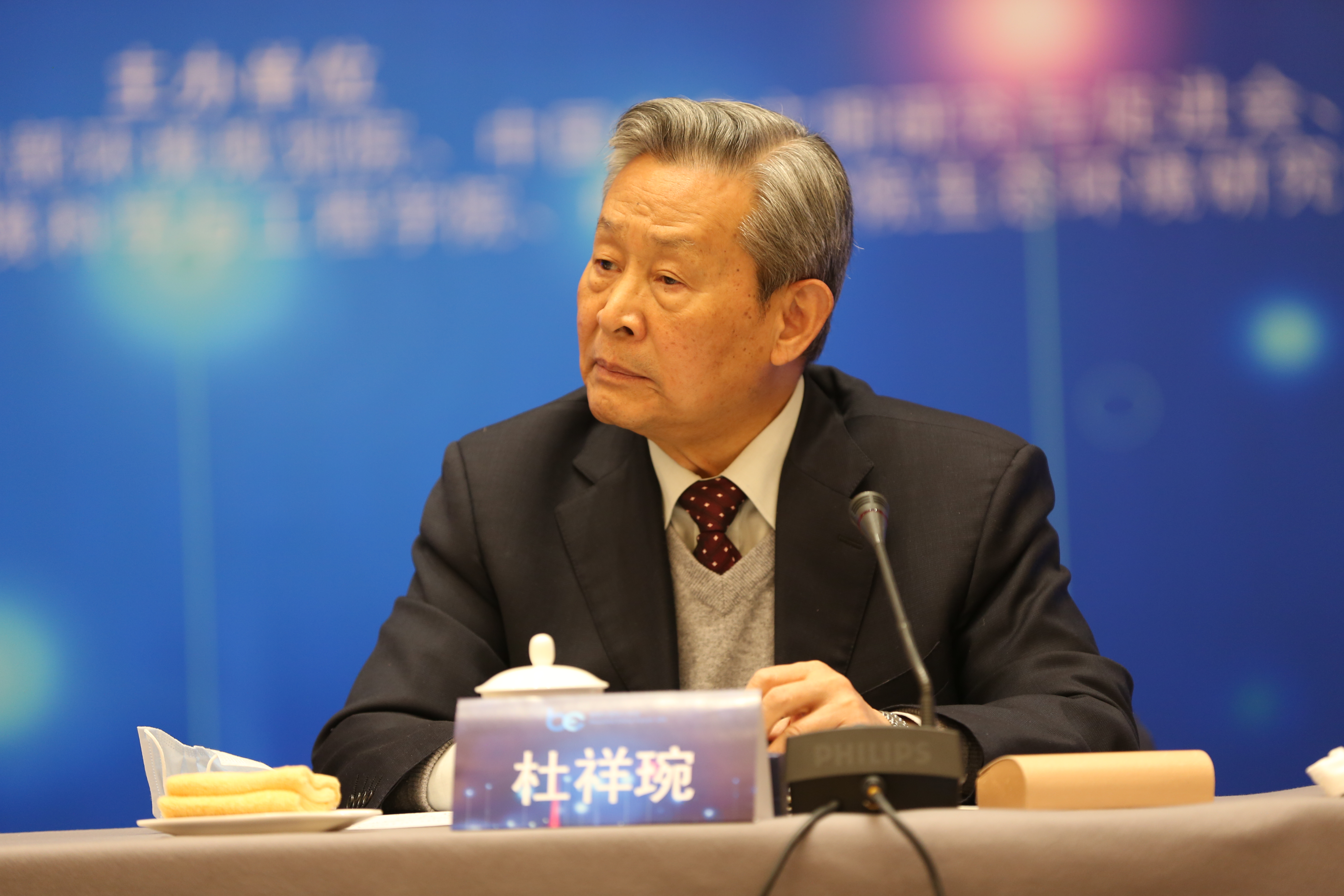China needs to transform both its energy use and industrial processes to realize the daunting challenge of carbon neutrality by 2060, Chinese environmental officials and experts said on Friday.
At the 2020 Annual Meeting of Beautiful China Forum 100 in Beijing, officials from the Ministry of Ecology and Environment and experts on climate change, ecological preservation and pollution control discussed how China can fundamentally improve its environment by 2035.
The nation's climate commitments were high on the agenda during the event. China wants its carbon emissions to reach their peak by 2030 and to eventually offset all of its carbon emissions by 2060.
Chinese President Xi Jinping announced the two targets while addressing a UN general assembly in September.

The 2020 Annual Meeting of Beautiful China Forum 100 was held in Beijing, December 18, 2020. /CGTN
The 2020 Annual Meeting of Beautiful China Forum 100 was held in Beijing, December 18, 2020. /CGTN

Participants at the 2020 Annual Meeting of Beautiful China Forum 100 held in Beijing, December 18, 2020. /CGTN
Participants at the 2020 Annual Meeting of Beautiful China Forum 100 held in Beijing, December 18, 2020. /CGTN
Last week, President Xi reiterated the two goals, adding that the country is set to lower its carbon emissions per unit of GDP by over 65 percent from the 2005 level in the next decade and increase the share of non-fossil fuels in primary energy consumption to around 25 percent.
While expressing confidence in China's ability to meet its targets, participants agreed that the task is challenging at present.
"Three basic facts remain unchanged in our country: heavy industries dominate our industrial structure while coal dominates our energy structure, our natural resources have reached or are about to reach their capacity, the risks of frequent environmental incidents remain high," Huang Runqiu, Chinese minister of Ecology and Environment, said at the event.
The minister of Ecology and Environment said that the country should work toward its new vision of development, letting ecological preservation push for high-quality economic development so as to achieve a thorough transformation toward a green economy and society. He called on all citizens to participate in the process.

Huang Runqiu, China's minister of Ecology and Environment, speaks at the 2020 Annual Meeting of Beautiful China Forum 100 in Beijing, December 18, 2020. /Photo courtesy of Beautiful China Forum 100
Huang Runqiu, China's minister of Ecology and Environment, speaks at the 2020 Annual Meeting of Beautiful China Forum 100 in Beijing, December 18, 2020. /Photo courtesy of Beautiful China Forum 100
Liu Shijin, vice chairman of China Development Research Foundation, a non-profit research organization founded by the State Council Research Center, pointed at another layer of difficulty: realizing the zero emissions goal while steadily working towards a moderately developed economy. Striking a balance between the two would be an "unprecedented challenge."
"Our carbon emissions are unlikely to significantly rise, but our economy still needs to grow and our GDP needs to increase by three, five or six folds in the future," he said.
"Can the current technological and industrial structure and the development pattern enable us to do that? I think the answer is very clear. They cannot," Liu added.

Liu Shijin, vice chairman of China Development Research Foundation, speaks at the 2020 Annual Meeting of Beautiful China Forum 100 in Beijing, December 18, 2020. /CGTN
Liu Shijin, vice chairman of China Development Research Foundation, speaks at the 2020 Annual Meeting of Beautiful China Forum 100 in Beijing, December 18, 2020. /CGTN
According to Liu, China's carbon emissions per capita have reached more than seven tons, higher than some developed economies including the United Kingdom and France. He added that China's per capita GDP currently stands at $10,000 but is set to grow to $40,000 (the level of a moderately developed economy) and then to $60,000 (the level of leading developed economies) in the future, without giving specific time frames.
Liu called for a new generation of competitive and low-cost green technologies, especially in solar energy use and waste water treatment.
Du Xiangwan, honorary chairman of National Expert Committee on Climate Change and former vice president of the Chinese Academy of Engineering, said that saving energy while increasing energy efficiency is part of the solution.
"In 2019, our energy intensity (a measure of energy inefficiency of an economy) stayed at about 1.3 times that of the global average, higher than developed economies like the United States, the United Kingdom, France, Germany and Japan," Du said.

Du Xiangwan, honorary chairman of National Expert Committee on Climate Change and former vice president of the Chinese Academy of Engineering, speaks at the 2020 Annual Meeting of Beautiful China Forum 100 in Beijing, December 18, 2020. /CGTN
Du Xiangwan, honorary chairman of National Expert Committee on Climate Change and former vice president of the Chinese Academy of Engineering, speaks at the 2020 Annual Meeting of Beautiful China Forum 100 in Beijing, December 18, 2020. /CGTN
Du estimated that a one-percent drop in the current energy consumption would cut carbon dioxide emissions by over 100 million tons.
He urged the country to "rein in the impulse of developing high energy-consuming enterprises" while gradually replacing fossil fuel with renewable energy.
Non-fossil fuels accounted for 15.3 percent of China's total energy use in 2019 and are expected to expand to 20 percent by 2025, 40 percent by 2035, 70 percent by 2050 and 80 percent by 2060, according to the State Grid Energy Research Institute, a subsidiary of State Grid Corporation of China.
(Cover image by Zhang Jiahua)
(If you want to contribute and have specific expertise, please contact us at nature@cgtn.com)

